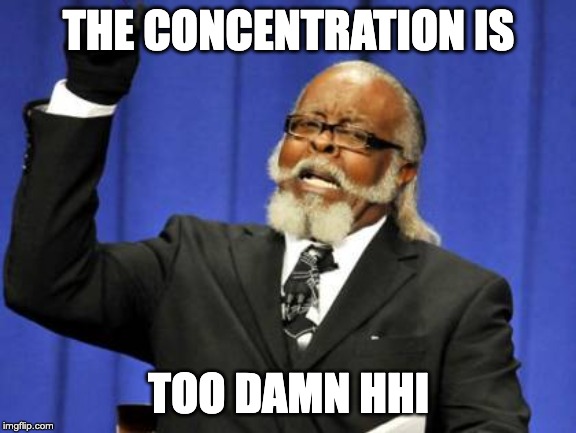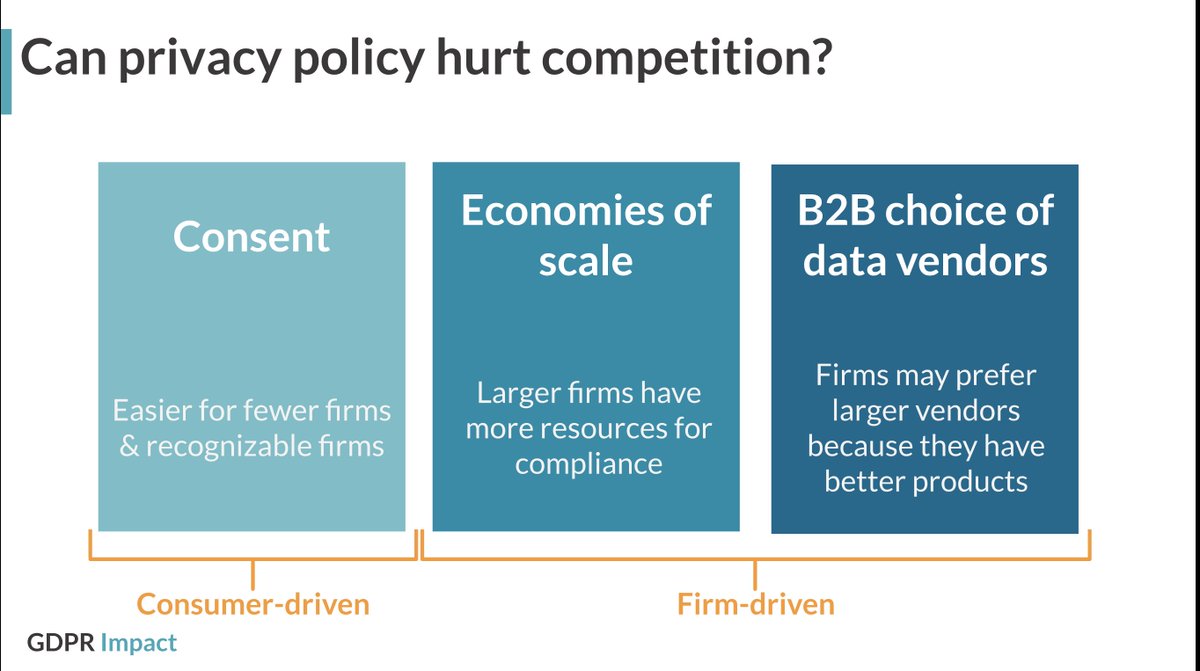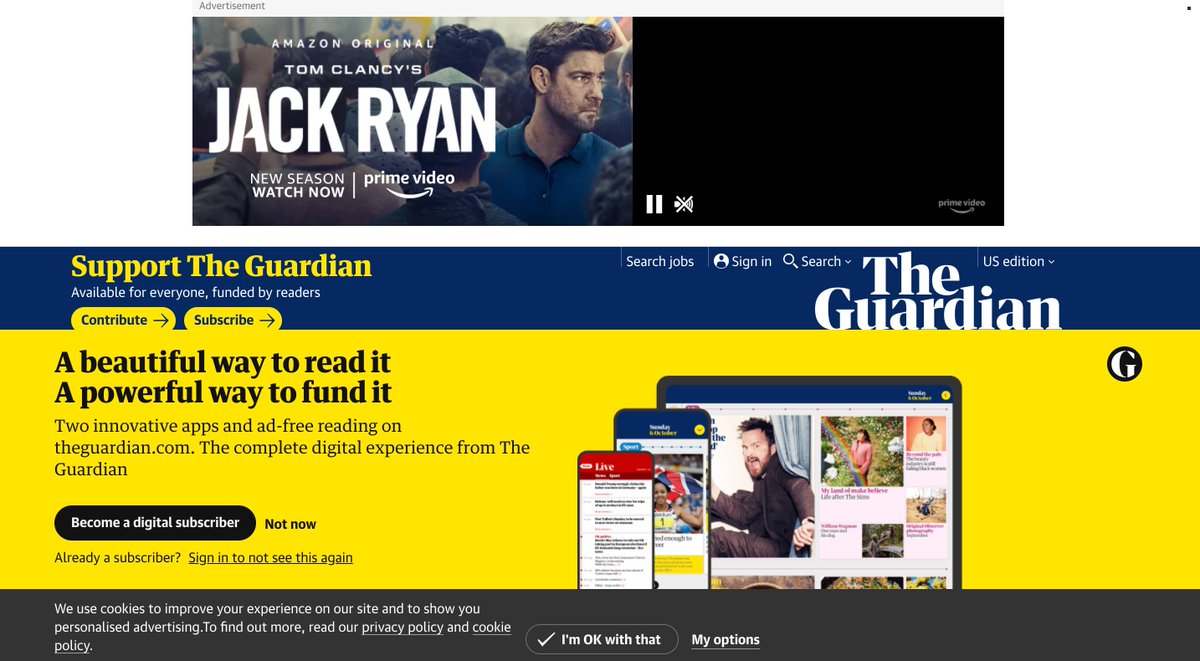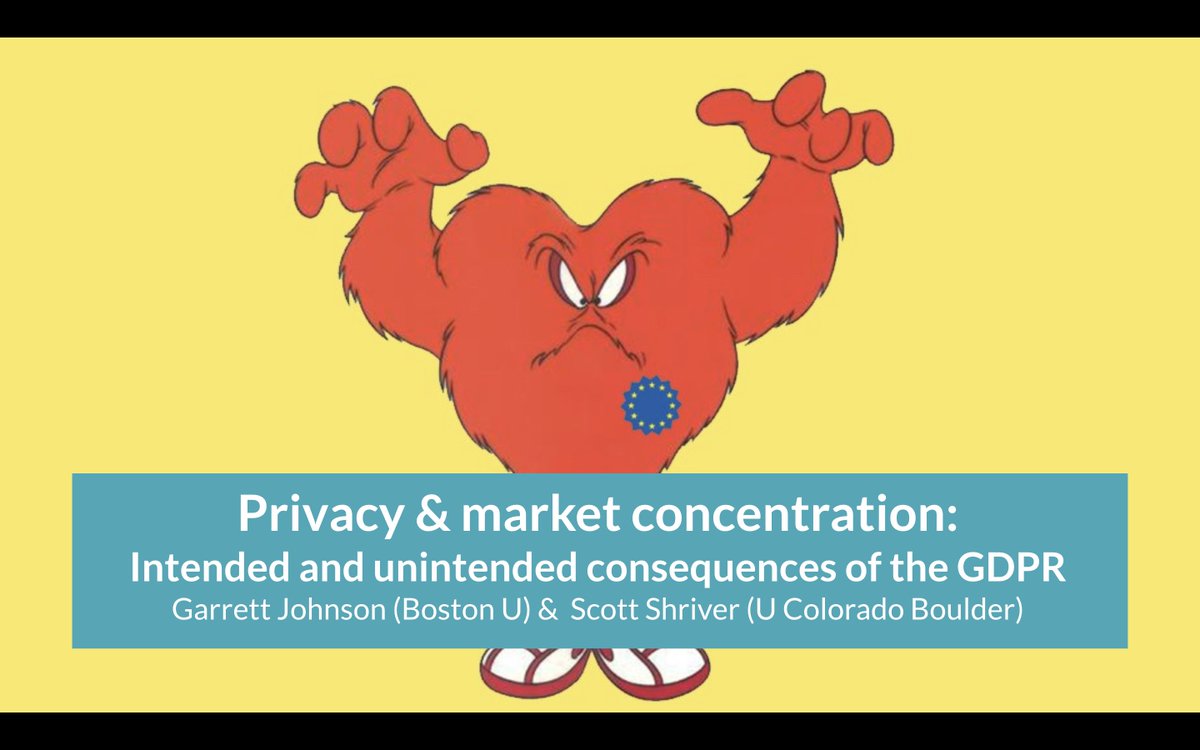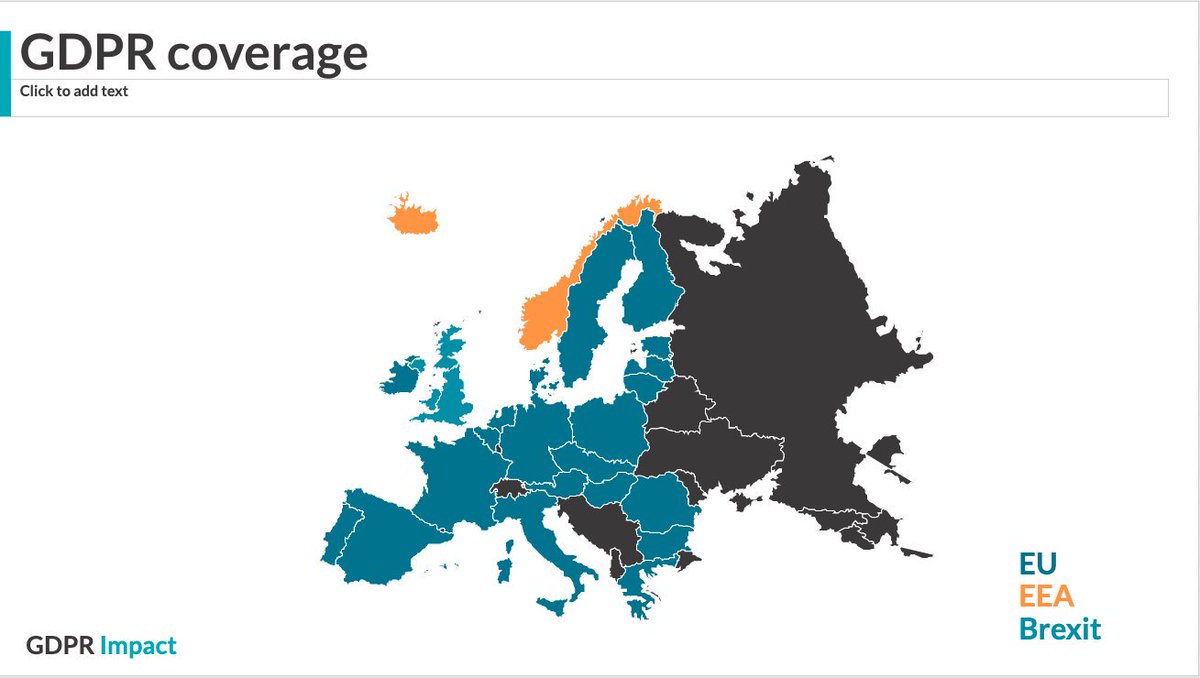
In 2020, the Dutch public broadcaster NPO got rid of cookies and saw its revenues improve. This is held up as a hopeful example that privacy and publisher monetization can coexist. I want to share three comments. 🧵 1/8
wired.com/story/can-kill…
wired.com/story/can-kill…
NPO claims that revenue rose 70% year-over-year in the first 2 months without cookies. This is an impressive achievement unlocked by building their own ad server, next generating contextual targeting, marketing to advertisers, etc. 2/
brave.com/publisher-3rd-…
brave.com/publisher-3rd-…
Comment #1: This case study is hard to assess because year-over-year changes are far from apples-to-apples comparisons. Much can change between years that would confound our interpretation--beyond the many changes NPO implemented. 3/
For instance, I read this figure as showing very large increase in the quantity of ads sold by NPO. This suggests revenue increases are driven by quantity rather than ad prices, which may even be falling. 4/ 

#2: The GDPR creates legal risk from cookies, but strict compliance is low among websites. I think this fosters a “flight to safety” effect whereby a premium pub like NPO (or nytimes) can carve out a niche among advertisers who are GDPR-risk adverse. 5/
digiday.com/media/gumgumte…
digiday.com/media/gumgumte…
However, I am concerned that this market position will erode with browser changes or stricter GDPR enforcement and that this position is too weak to accommodate all publishers. In other words, there aren’t enough life boats for everybody. 6/
#3: Let’s remind ourselves of the broader context, when weighing one publisher’s case study. Most studies on the value of cookies—across thousands of publishers & advertisers—show cookies double or triple the value created by ads. 7/
https://twitter.com/garjoh_canuck/status/1331346165623820289?s=20
What’s more, 2 studies show news & general content is hurt *even more* by losing cookies. Consider: what advertiser wants to buy ads on this (socially-valuable) news story? As such, I worry how news & the open web will fare under privacy changes however well intentioned. END 

• • •
Missing some Tweet in this thread? You can try to
force a refresh




